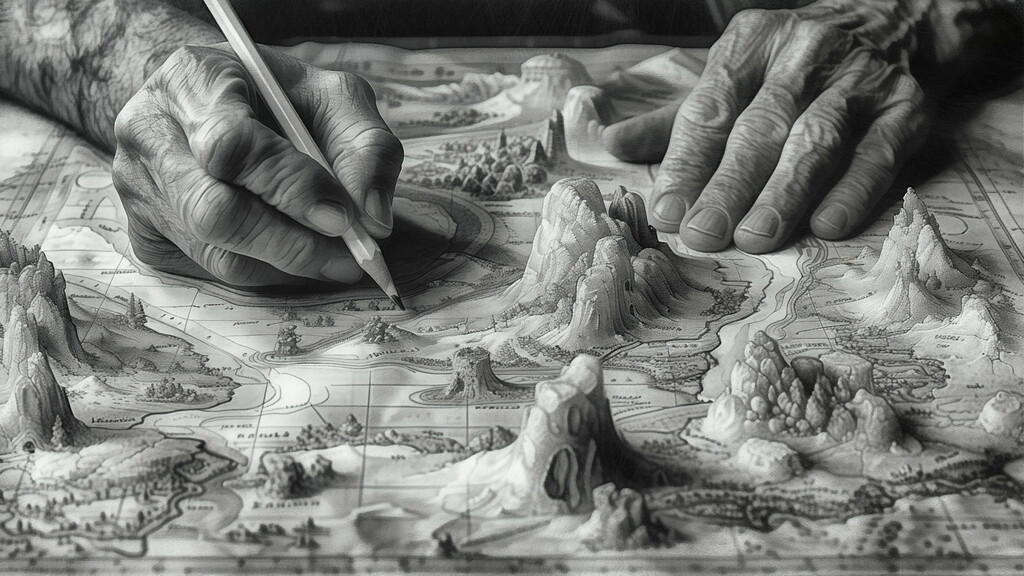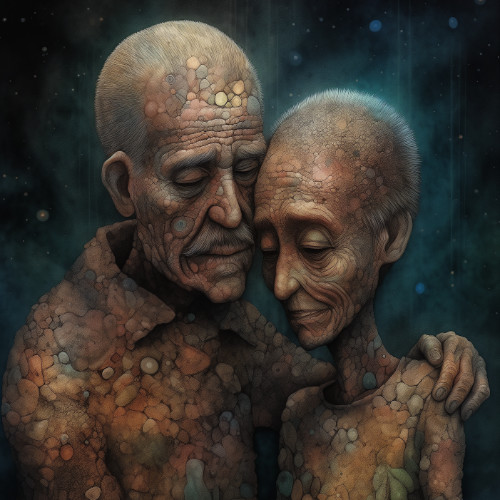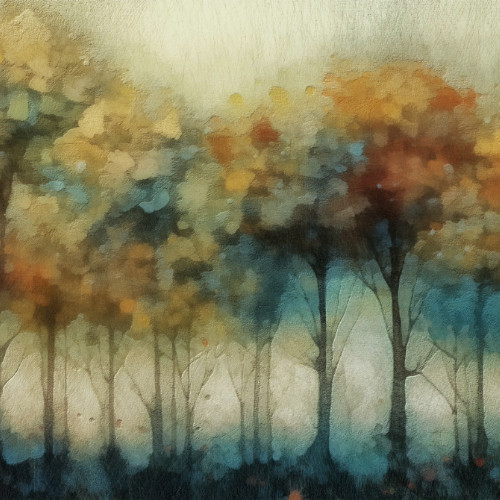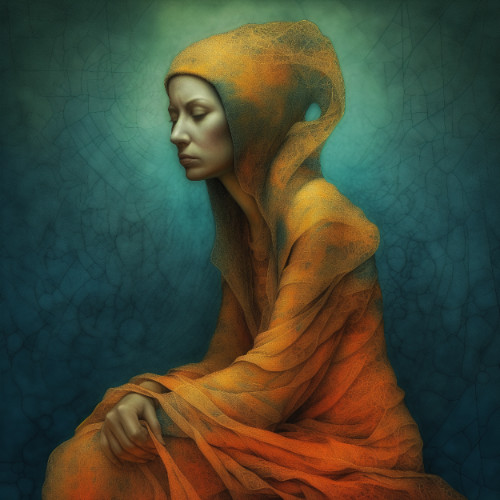The Making of Encyclopedia Utopia

Making requires time.
Time is perhaps the most valuable asset I enjoy, and the time I count of as my own is a quality of life I prioritise. When I wish to spend time with another, or with nature, I show my value of that life or experience. How much time I devote freely to something is a clear indicator of the authenticity and force of my love.
The essential premise of Encyclopedia Utopia is that love is the foundation of a life well lived. Love comes in numerous forms and is the bedrock of kindness and compassion. Love is experienced and expressed through care for another, place, thing, or quality outside oneself.
Here I write about why and how I spend my time as I work on Encyclopedia Utopia. I work with ideas, light, and sound.
Defining Utopia: A Perfect World
When making it is important for me to understand why and what I am making.
Ideas of utopia envision places that are aspirational. A place where people live together productively and in peace, and where their personal needs and potential are fulfilled. Utopias are models of society for the wider world to consider and debate. One person's paradise might however be another's nightmare...
I consider how a perfect world must include sadness, pain, and suffering, the experiences of life that nurture growth, whether physical, spiritual, or emotional.
At Encyclopedia Utopia, the experience of struggle is presented alongside those things that bring pleasure and fulfilment. Here, a good life is characterised as being constructive, and the avoidance of the intention to harm. This is not to say no harm occurs, but that humans try their best not to harm in their effort to love.
For The Mind and Heart
Art in all its forms is most powerful when it appeals to our emotions and intellect in equal measure. To this end, Encyclopedia Utopia engages people with visual art, poetic text, and music. Although the short-form entries are easily enjoyed, they also invite and reward those who return to their multi-layered meaning and beauty.
I make to change those experiencing what I make. This change may be subtle, and at its simplest encourages curiosity and pleasure for a brief period.

An extract from the artwork 'Before You Leave'
For some, and over time, the cumulative effect of Encyclopedia Utopia may lead to more considered thought.
The greatest potential of art, music, and ideas is to make a positive difference to the world. I think of each entry as a seed that may lay dormant for some period, but has the potential to flower by encouraging acts of love.
FACT AND FICTION
When creating an artwork the force of my motivation is directly correlated with my ability to complete it.
A fact is something known or proven to be true, although what is often considered true is relatively short lived. The facts I most value relate to qualities I cannot touch, see, nor can be measured by time or space: love, hope, sadness, kindness, happiness, and compassion.
In contrast to fact, fiction is an expression of the imagination, does not require proof, and can exist in time and place unconstrained by convention.
Facts are important to me because they are ideas agreed upon for a time and nurture understanding. I value understanding, but above all, I value love, something far more difficult to evidence, yet constant in its importance and truth. Love is more easily conveyed with story, poetry, dance, music, and art. Some might consider these things collectively as fiction.
Encyclopedia Utopia is both fact and fiction. It presents things that are known, yet does so in unfamiliar or augmented ways: moments of nature, living things, and relationships. This magic realism is expressed by the interaction of a work's title, image, through poetic text, and at times with music.
Fiction can contain as much or more truth as fact.
The Tools That Help Make Encyclopedia Utopia
Making something often requires the use of an external tool of some kind. This can be physical (a pencil and paper for example), or digital (a technical service, data set, or software).
Technology has featured in my creative play since childhood, and I have used digital tools in my creative process for over forty years. I write more about my Experience of Digital Art in my publication The Craft of Art.
Although I use technology to assist me in my writing (for example a spell checker is vital for me as I am dyslexic) and music (I compose and perform using sample libraries, modelled sounds, and digital tools to shape sounds), I do not use Artificial Intelligence (AI) except to assist me as one of very many tools as I create visual artworks.
Using AI has many things in common with creating a photograph. The camera is a technologically complex tool that catches and records light, but it does not choose what subject matter should be captured, the composition, nor how the light that is captured continues to be manipulated using an array of controls and techniques, all of which are subject to choice by the artist photographer. The careful cropping and shaping of light and tone that follows the initial composition can transform the photograph into a work of art.

An extract from the artwork 'Downpour'
AI is similar in that it provides a means for the artist to capture and shape light. The difference is that a photograph captures light that exists in the world, whereas AI generates light according to the instructions the user enters.
In common with making any work of art, using AI effectively is subject to countless creative choices and iterations.
The more effort and finely tuned, the richer the foundation that results in an early draft that remains some considerable distance from realising a completed artwork.
Every artwork at Encyclopedia Utopia required countless drafts before it was completed. Although AI was part of this process (as the camera is to create a photograph), I made numerous changes and choices about the image's content, composition, colour, tone, and texture using many digital painting and darkroom tools that do not utilise AI in any way.
As with any work of art, things are added, removed, or changed in time and/or space.
Just like a car does not intend to drive from A to B but is rather a means to travel, so AI does not produce art but is rather one of many means to reach that destination.
AI plays no role in conceiving or completing art. Like the camera, it is a tool, and neither alive nor conscious, two essential attributes that are required to make art.
Making New
The final element that is often overlooked when making is how those experiencing art are the last in the chain of the creative process. As you gaze upon the artwork 'The Colours of Love', you will find significance according to your pleasure, your ideas, and your spirit. Each time art is experienced, whatever its medium or form, those experiencing it make it new. Art becomes within us.
It is tempting to consider that art is fixed after being completed by the originator, but in truth art is in a constant state of flux, depending on who experiences it, how, where, and when.
Each and every one of us experiences art as no one else, and differently on each occasion we return. The flux of our living makes art new.

The artwork 'The Colours of Love'